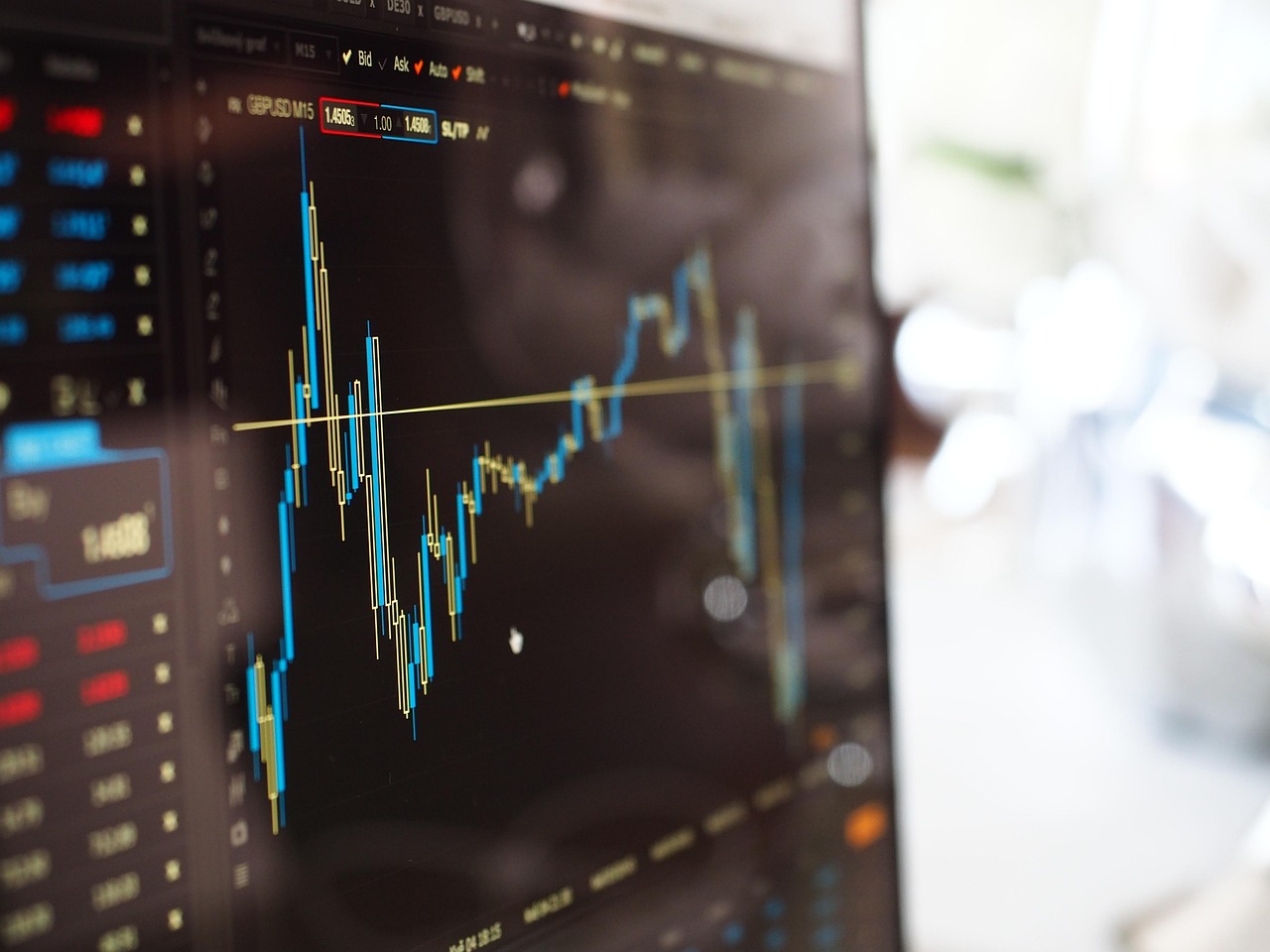Biomanufacturing: Revolutionizing Industrial Production
The convergence of biology and manufacturing is ushering in a new era of industrial production. Biomanufacturing, the use of living organisms to create products, is transforming how we approach everything from pharmaceuticals to consumer goods. This innovative approach promises increased sustainability, reduced costs, and unprecedented product customization. As industries grapple with environmental concerns and resource scarcity, biomanufacturing offers a compelling solution that could reshape global supply chains and redefine what's possible in production.

The roots of biomanufacturing can be traced back to ancient practices like brewing and cheese-making. However, modern biomanufacturing has evolved dramatically, incorporating advanced genetic engineering, bioinformatics, and automation. This evolution has expanded the scope of what can be produced through biological means, opening up new possibilities across industries.
Applications Across Industries
The versatility of biomanufacturing is evident in its diverse applications. In the pharmaceutical industry, it has become indispensable for producing complex biologics, including vaccines and therapeutic proteins. The food industry is exploring biomanufacturing to create novel ingredients and alternative proteins, addressing sustainability concerns and dietary preferences.
Beyond these traditional sectors, biomanufacturing is making inroads into unexpected areas. In the textile industry, companies are using engineered bacteria to produce spider silk, offering a sustainable alternative to petroleum-based fibers. The construction sector is exploring biomanufacturing for creating self-healing concrete and biodegradable building materials. Even the electronics industry is investigating bio-based components for more environmentally friendly devices.
Economic and Environmental Implications
The economic potential of biomanufacturing is substantial. By leveraging biological processes, companies can often reduce production costs, especially for complex molecules that are difficult to synthesize chemically. The ability to produce locally, using renewable feedstocks, can also lead to more resilient and adaptable supply chains.
Environmentally, biomanufacturing offers several advantages. Many biomanufacturing processes are inherently less resource-intensive than their traditional counterparts. They often require less energy, produce fewer toxic byproducts, and can utilize waste streams as feedstocks. This aligns well with circular economy principles and the growing demand for sustainable production methods.
Challenges and Considerations
Despite its promise, biomanufacturing faces several challenges. Scaling up biological processes from the laboratory to industrial production can be complex and unpredictable. Maintaining consistent quality and yield across batches requires sophisticated process control and monitoring systems.
Regulatory frameworks are another consideration. As biomanufacturing blurs the lines between biological and industrial processes, regulators are grappling with how to ensure safety and efficacy while fostering innovation. This is particularly crucial in sectors like pharmaceuticals and food production, where public health is at stake.
There are also ethical considerations, particularly around genetic engineering and biosecurity. As the capabilities of biomanufacturing expand, so too does the need for robust ethical guidelines and safety protocols.
The Future of Biomanufacturing
Looking ahead, biomanufacturing is poised for significant growth and innovation. Advances in synthetic biology and gene editing techniques like CRISPR are expanding the toolkit available to biomanufacturers. This could lead to the development of “smart” cells capable of complex, multi-step production processes or self-regulating systems that optimize their own performance.
The integration of artificial intelligence and machine learning into biomanufacturing processes is another frontier. These technologies could dramatically accelerate the design and optimization of biological systems, potentially reducing development times and costs.
As climate change and resource scarcity become increasingly pressing concerns, biomanufacturing may play a crucial role in developing sustainable solutions. From carbon-neutral fuels to biodegradable plastics, the potential applications are vast and varied.
Insights for Business Leaders
-
Assess your supply chain for opportunities to incorporate biomanufactured components or materials
-
Consider partnering with biotech firms to explore custom solutions for your industry
-
Invest in upskilling your workforce to handle the unique challenges of biomanufacturing
-
Stay informed about regulatory developments in biomanufacturing, particularly in your sector
-
Explore the potential for biomanufacturing to address sustainability goals within your organization
In conclusion, biomanufacturing represents a paradigm shift in industrial production, offering new ways to create products that are more sustainable, efficient, and customizable. As this field continues to evolve, it has the potential to reshape industries and address some of the most pressing challenges facing our planet. For business leaders and policymakers alike, understanding and embracing the possibilities of biomanufacturing will be crucial in navigating the industrial landscape of the future.






